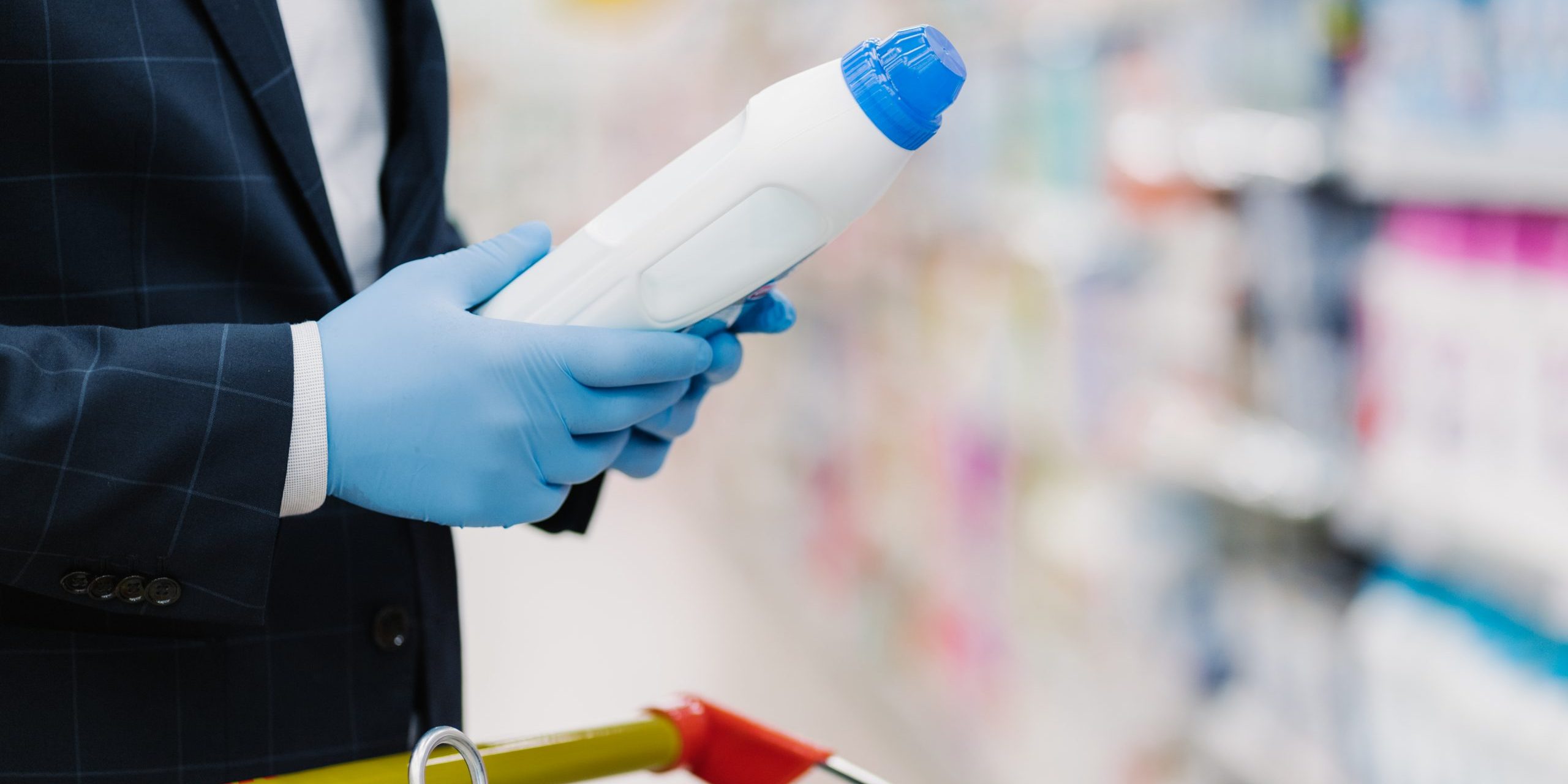Most of us are on lockdown or stay at home orders but will still need to go shopping for essentials every now and then. Health officials around the world have raised concern about the possibility of COVID-19 spreading within supermarkets. To help you stay safe and reduce the risk of contracting the Coronavirus 2019 disease we have compiled 10 easy to follow and practical tips.
1. Prepare a Shopping List
You want to ensure that you spend as little time as possible within the store. Pick a supermarket that you are already familiar with this helps ensure you don’t spend most of your time looking for items. Stick to your list. Try and reduce window-shopping as much as possible.
2. Do you really need to leave?
Before you plan on going out ensure that you really need to go out. If you only need a few items, consider getting by with what you have, and plan a big shopping trip later.
3. Consider no-contact delivery
If you are in Nairobi and would like to order groceries online there are several options that are available for you. FreshPro offer dairy, fruit, vegetable, cereals, and other fresh produce from the comfort of your web browser or mobile application, 7 days a week. Herdy Fresh offers you 120+ cuts of meat, fresh vegetables, fruits, fresh-cut flowers & more every Monday to Saturday. Services like Glovo in partnership with Naivas and now Uber Eats in partnership with Tuskys, are making essential products that more accessible. Feel free to share other alternatives and your delivery experiences (both good and bad) in the comments below.
4. Do not leave if you have Symptoms
Stay in the house if you have COVID-19 symptoms such as fever, cough, or shortness of breath, or if you think you have been exposed to the virus.
5. Do not leave if you are at risk
For people who might be at risk and live alone, either because of age or existing health conditions – ask a family member or friend to do your shopping. Send them a list and agree on a schedule of when shopping will take place.
6. Carry a Mask and Sanitizer
For your safety, before you leave the house double check that you have carried a mask and sanitizer. Remember in several countries wearing a mask is required by the Government.
7. Avoid Peak Hours
If you cannot get essential items on delivery, shop during off peak hours and focus on buying as many items from one supermarket, instead of visiting several malls or supermarkets.
8. Use disinfectant and wear gloves
Make use of the attendants that are disinfecting and wiping down shopping carts before you use them. Wash your hands before getting into the store and immediately after you leave. Use disposable gloves and discard them before you get into the car, if you are driving, or as soon as you get home if you’re on foot or taking public transportation.
9. Shop Alone
Shopping alone is wiser than going out as a family, as it reduces the number of people in a supermarket at a given time and makes it easier to socially distance. Avoid shopping with your children, it is okay to leave them at home as this reduces the risk of transmission.
10. Socially Distance
When in an aisle with someone else, wait until the other person has moved past the items you are after, ensure not to crowd the aisle. As you walk around the supermarket picking your essential supplies ensure that you maintain 1.5 meters between you and other shoppers, keep a similar distance when checking out and paying.
11. Use MPesa
Use a non-contact payment method. Try and limit the use of cash or card. If you are unable to, make sure you use hand sanitizer right after touching the PIN pad. You might also want to sanitize your debit card, too.
12. Do not touch your face
Avoid touching your mouth, eyes, or nose with unwashed hands. Also go out with earphones as this reduces the number of times your phone will be pressed against your face if you need to take a phone call.
13. Wash your hands
When you return home from any outing, wash your hands with soap and water for at least 20 seconds, especially before eating or preparing food. Also ensure that you thoroughly clean your groceries and disinfect all nonfood items. Clean all surfaces where your shopping has been and then wash your hands again.








Like!! Great article post.Really thank you! Really Cool.